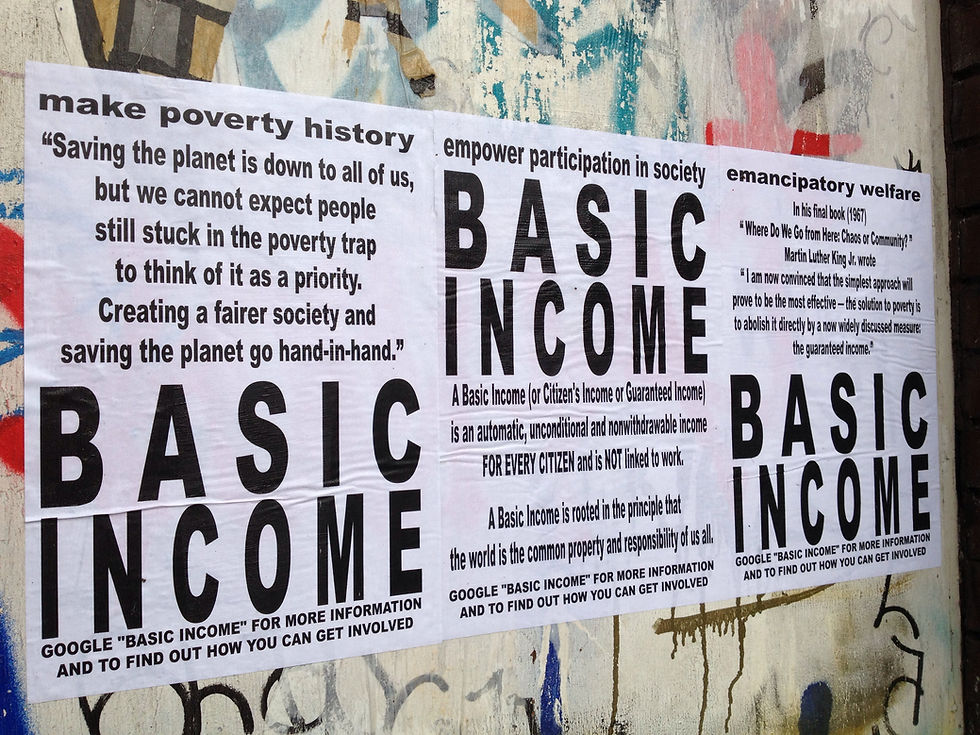Putin Wins Right to Rule until 2036
- Elizabeth Bratton

- Jul 4, 2020
- 3 min read
Updated: Dec 22, 2024
Elizabeth Bratton explores what the 200 amendments to the constitution mean for the Russian population as Putin achieves leadership rights until 2036, and authority figures are barred from holding foreign passports. More specifically, this article investigates the credibility of the reported voting results, as the government claims 78% of people are in favour of the changes, while critics believe the figures are just too good to be true. Allegations of bribery and misuse of technology are rife.
According to Russia's Central Election Commission, 78% of citizens have voted to back constitutional amendments, potentially allowing Vladimir Putin to rule until 2036. The President has already been in power for 20 years, and the Kremlin have described the victory as a “triumph” that emphasises the public’s faith in their leader. The vote had originally been scheduled for April, but had to be delayed due to COVID-19. It also did not fulfil the legal criteria to be considered a “referendum”. The voter turnout was reportedly 68%; Putin’s spokesman, Dmitry Peskov, declared: “It was very difficult to predict the extremely high turnout and the extremely high support we have seen today.”

However, doubts have arisen surrounding the veracity of these claims. The Election Commission announced the initial results 5 hours before polls closed. The statement also provided no details as to where votes had been counted since the opening of ballots last week. The decision to allow a week-long voting window was reportedly made to allow social distancing, although sceptics suggest it was actually to increase the turnout. Alexei Navalny, Kremlin critic and anti-corruption activist, has described the official results as “fake” and “a huge lie”. In a blog post, he wrote “I voted ‘no’ everyone around voted ‘no’, and the result is a solid ‘yes’.” Navalny continued to explain that Putin has to manipulate the figures, as he would otherwise lose his position. For now, the opposition will not protest en masse as a result of the coronavirus, although they intend to do so in the autumn, if they are blocked from partaking in the regional elections, or if the results are distorted.
Reports have shown western Russia to be particularly supportive of the current government, with over 80% voting in favour of the amendments. Beyond the Ural mountains, through Siberia, and into the far east, support has been somewhat weaker. Such areas are renowned for “protest voting”.
Recently, the Kremlin has adopted new tactics in hopes to increase turnout. Prizes such as cars and apartments were offered as incentives, while Russian passport holders in Eastern Ukraine were ushered across the border. Some regions allowed electronic voting: a move that journalists and activists believe leaves room for “manipulations”. One-off payments worth around $141 were transferred to Russian households with children as citizens took to the ballots on the final day of voting. Others have criticised the government for forcing the public to vote on 200 proposed amendments at once, rather than providing several different voting opportunities.
Some of the aforementioned changes include the “protection of the institution of marriage as the union of a man and a woman”, while senior officials have been prohibited from owning international passports and bank accounts. The government will supposedly work towards a “responsible attitude” regarding animals. Finally, and arguably most significantly, presidents can now only rule for two terms. Coincidentally, however, Putin has effectively wiped his own slate clean, “zeroing” his previous leadership career, and allowing him to remain in charge for two more six-year terms.
In Moscow, a group of protesters lay on Red Square, forming the number “2036” with their bodies, although they were later removed by police. In other cities such as St. Petersburg, some individuals staged pickets which were not disrupted by the police. According to the activist group OVD-info, at least 24 demonstrators have been detained by the authorities: four in St. Petersburg, two in Nizhny Novgorod and one each in the cities of Novosibirsk, Blagoveshchensk, Khanty-Mansiysk and Penza.
Golos is an independent election monitor, and has reportedly received hundreds of complaints about “electoral violations”. Individuals have allegedly been able to place several votes, while some employers may have “put pressure” on staff to take to the polls. Grigory Melkonyants, co-chair of the organisation, has confirmed that “anomalies are obvious”, implying that there is some truth to such claims. In some regions, the turnout has been “artificially” boosted. Public sector workers are also thought to have been especially targeted by the Kremlin, as those paid directly by the government are most likely to support the constitutional changes.
Many would argue that the rebellious chants of “Russia will be free” appear to be a case of wishful thinking, rather than genuine foresight.

_edited.png)



Comments